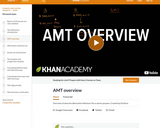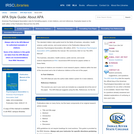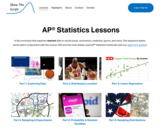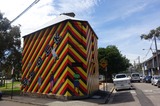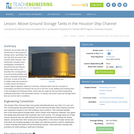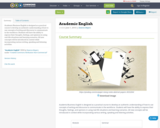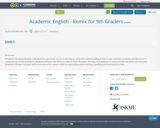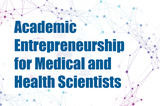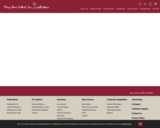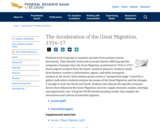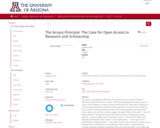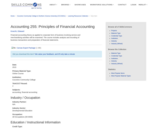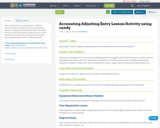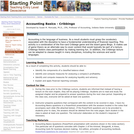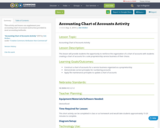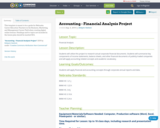
This assignment is about exploring alternative ways of sharing goods and services and understanding the benefits, drawbacks, and implications of these methods. Students are asked to choose one of seven non-market distribution methods, such as majority rule, contests, force, first-come/first-served, sharing equally, lottery, and personal characteristics, and observe how it is implemented in real-life scenarios. They need to explain the distribution method, who benefits from it, who is excluded, and the advantages and disadvantages of using it. Students also have to find a real-life example of the chosen non-market distribution method, describe how it is used, and assess its fairness and efficiency. Lastly, they are required to include a citation and ensure their submission is no less than 180 words and comprises a list of cited works. The goal of the assignment is to better understand how goods and services are distributed and how these methods affect different groups of people.
- Subject:
- Cultural Geography
- Economics
- Finance
- Marketing
- Political Science
- Psychology
- Reading Informational Text
- Material Type:
- Homework/Assignment
- Lesson
- Module
- Reading
- Author:
- Benjamin Troutman
- Date Added:
- 03/13/2023
